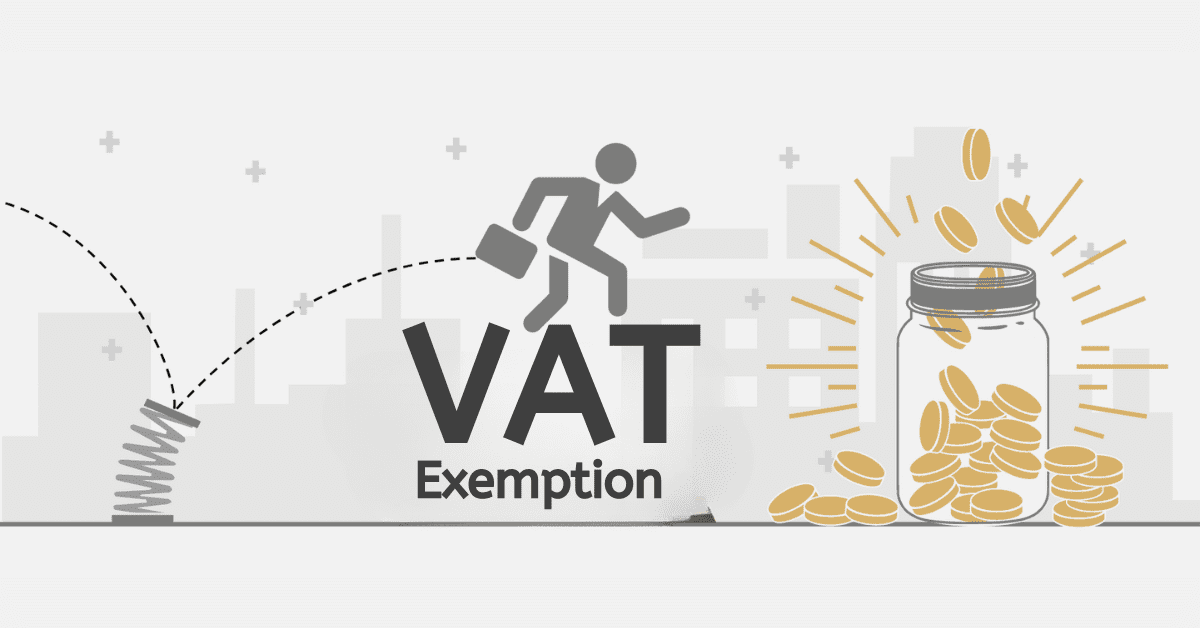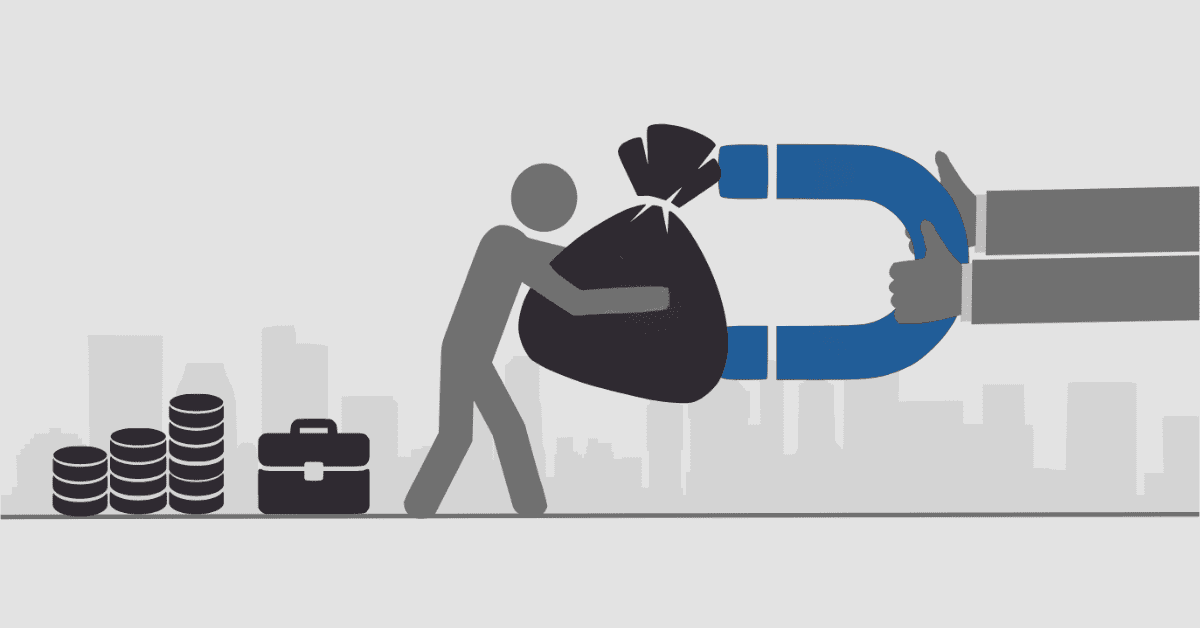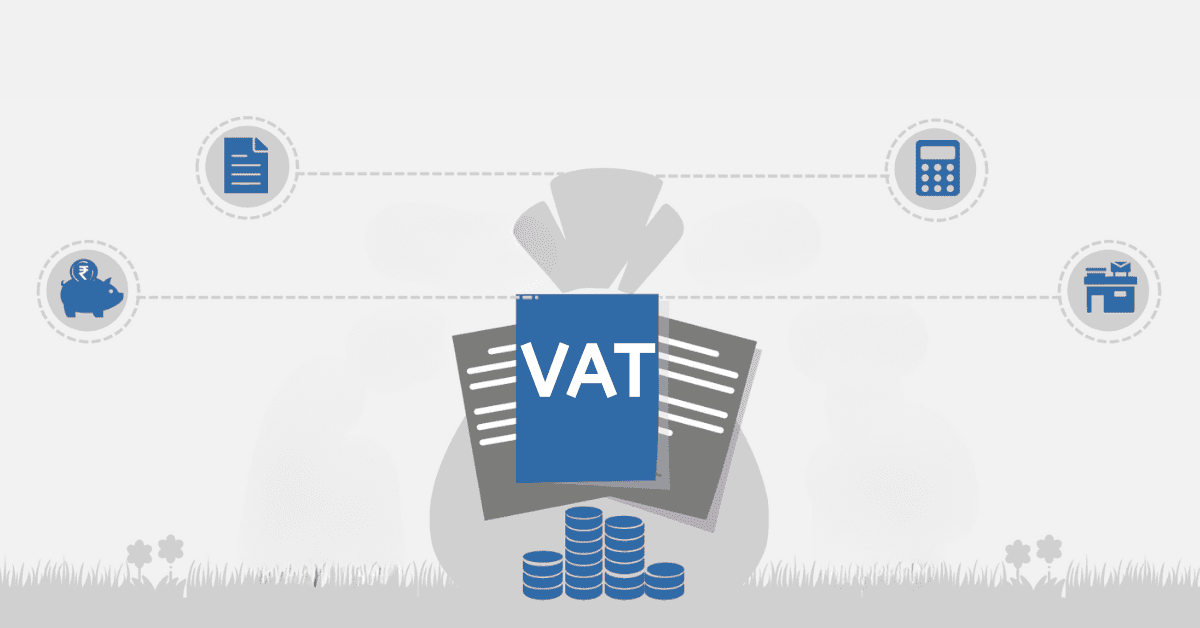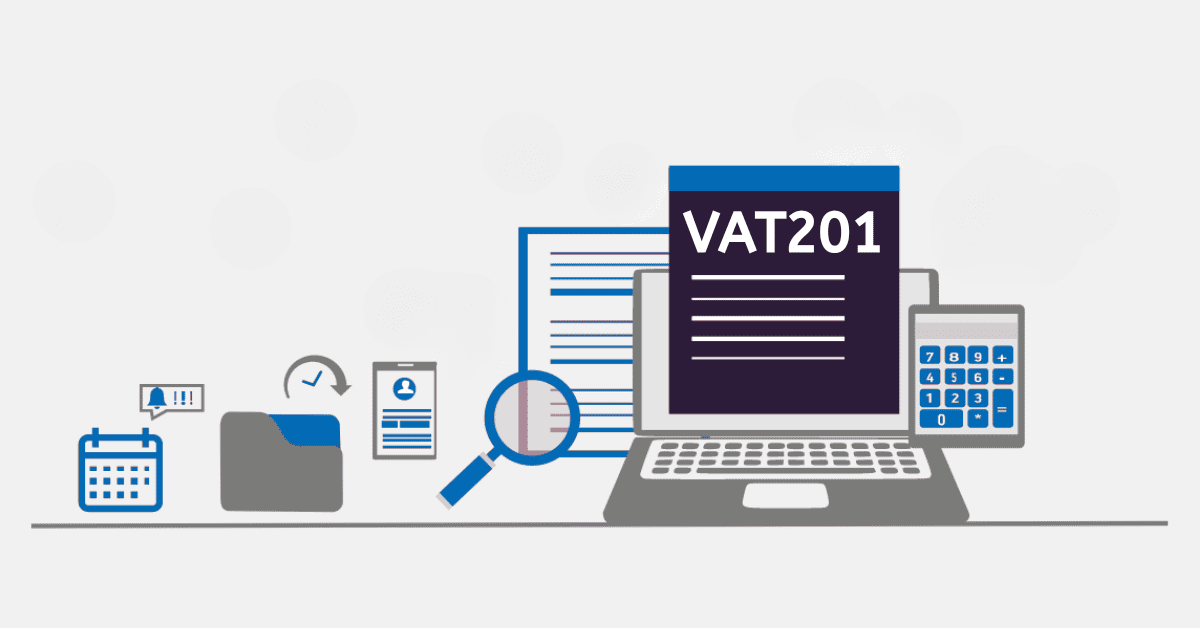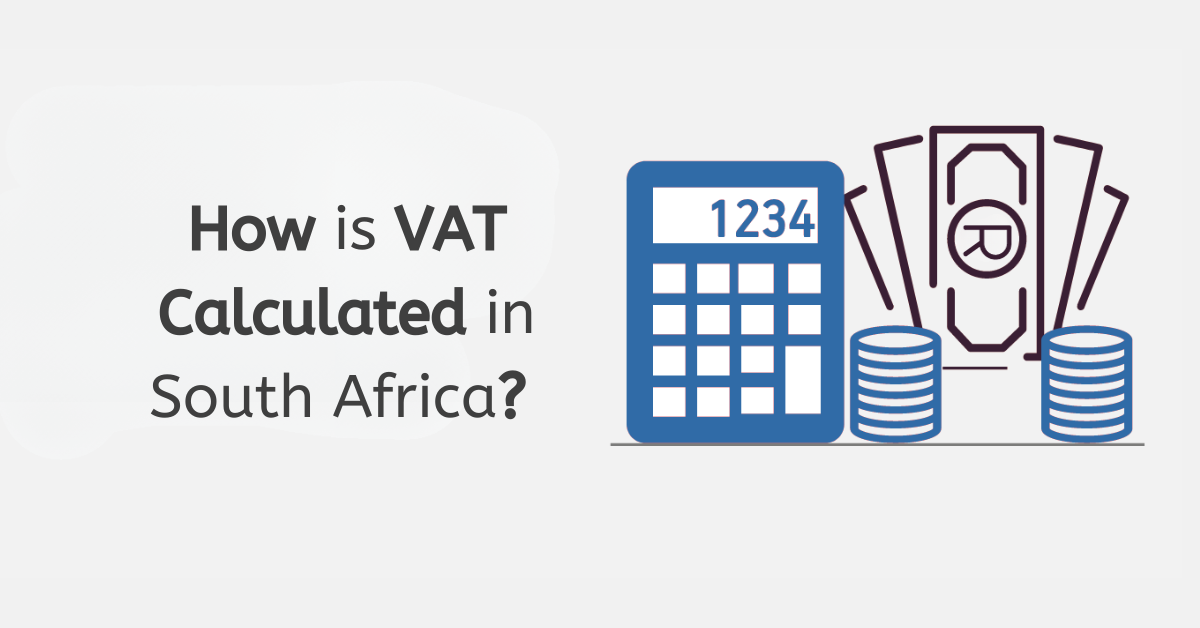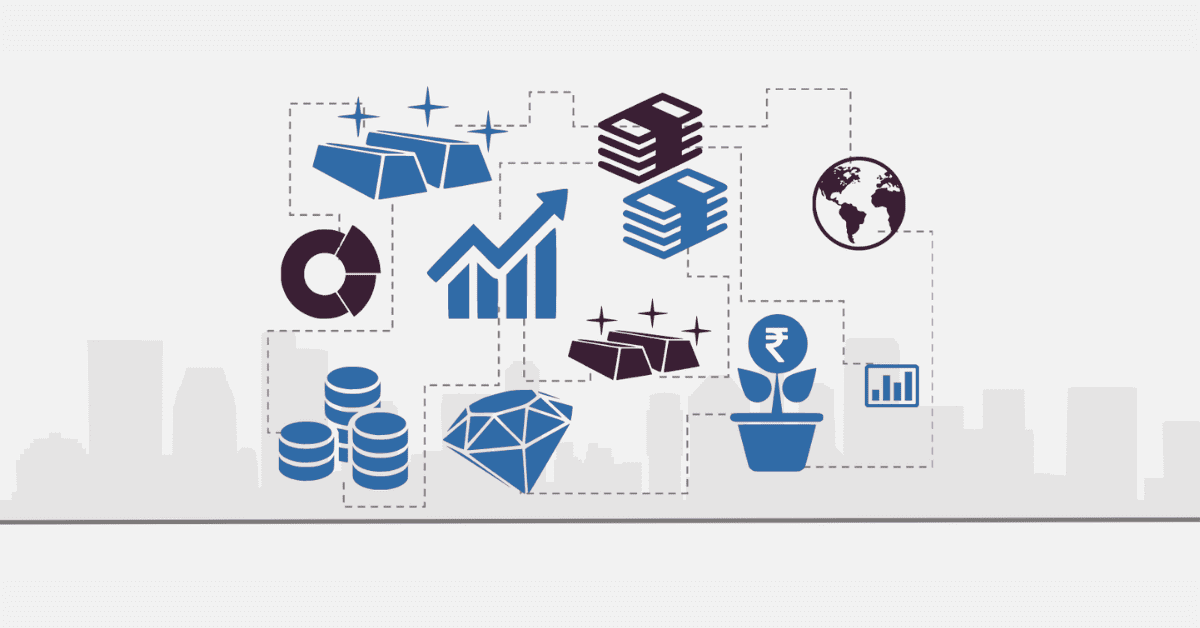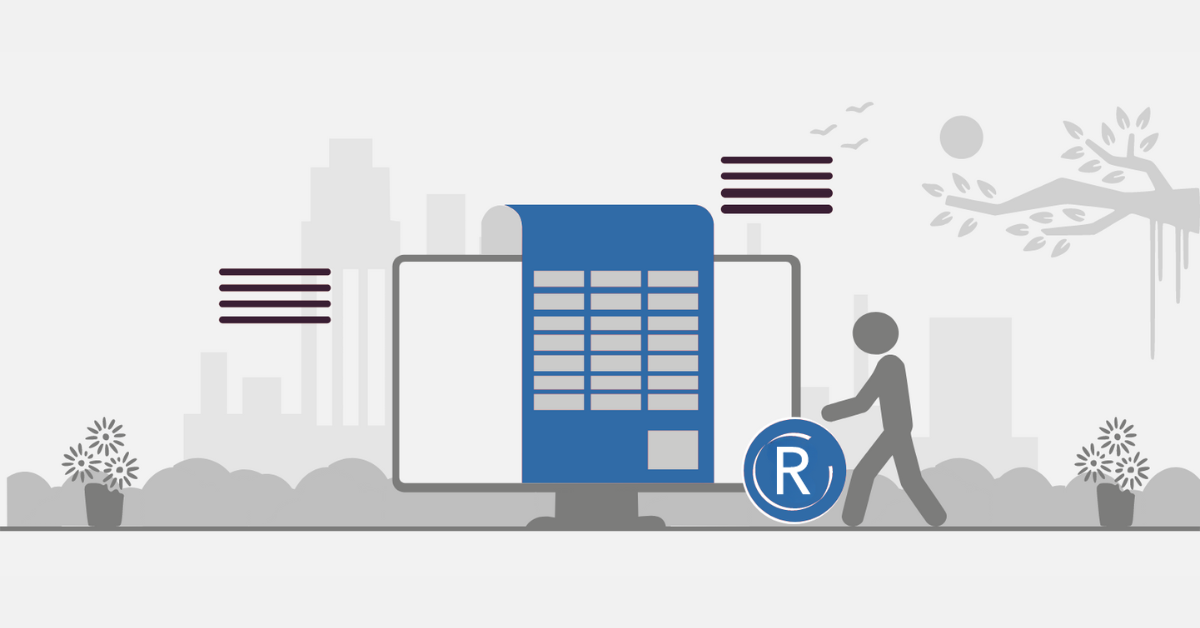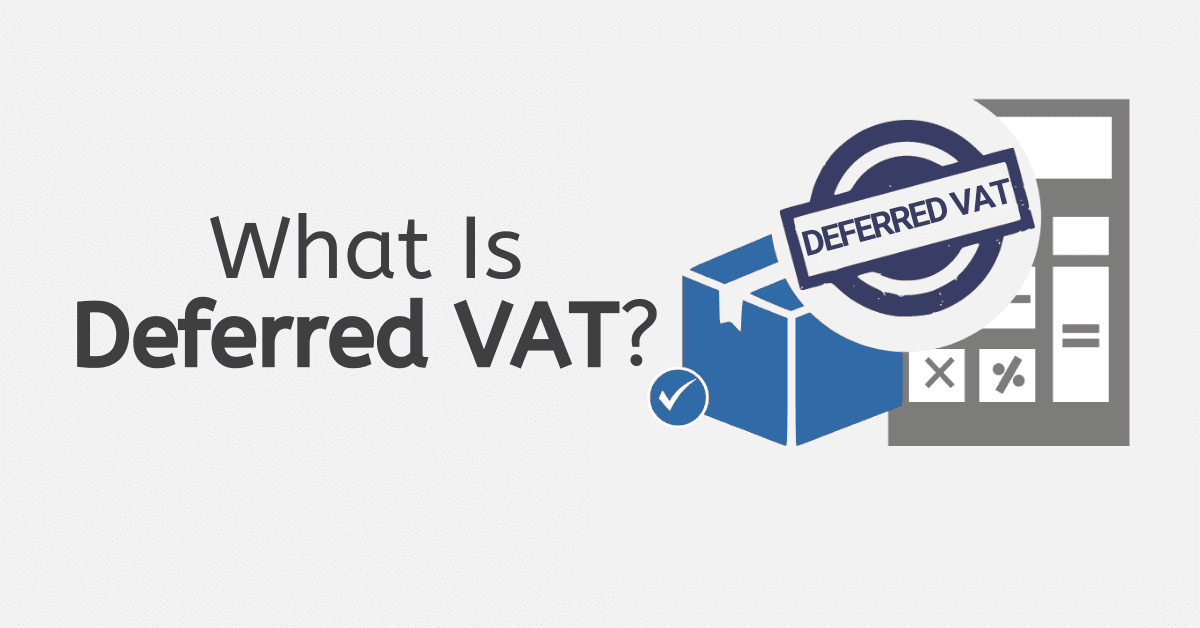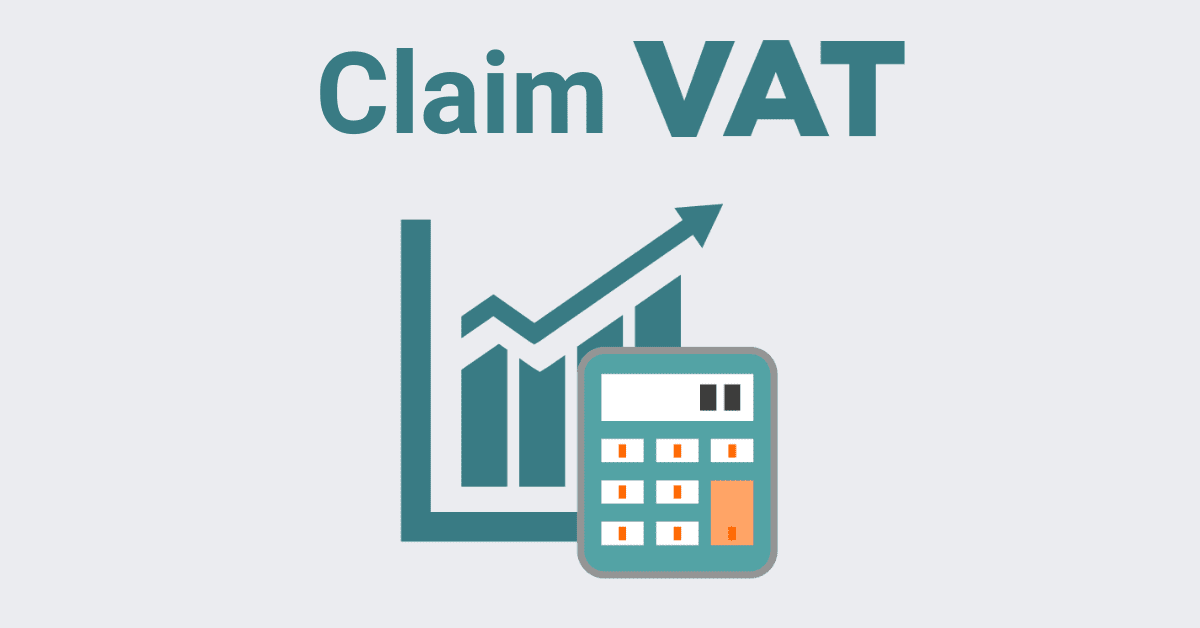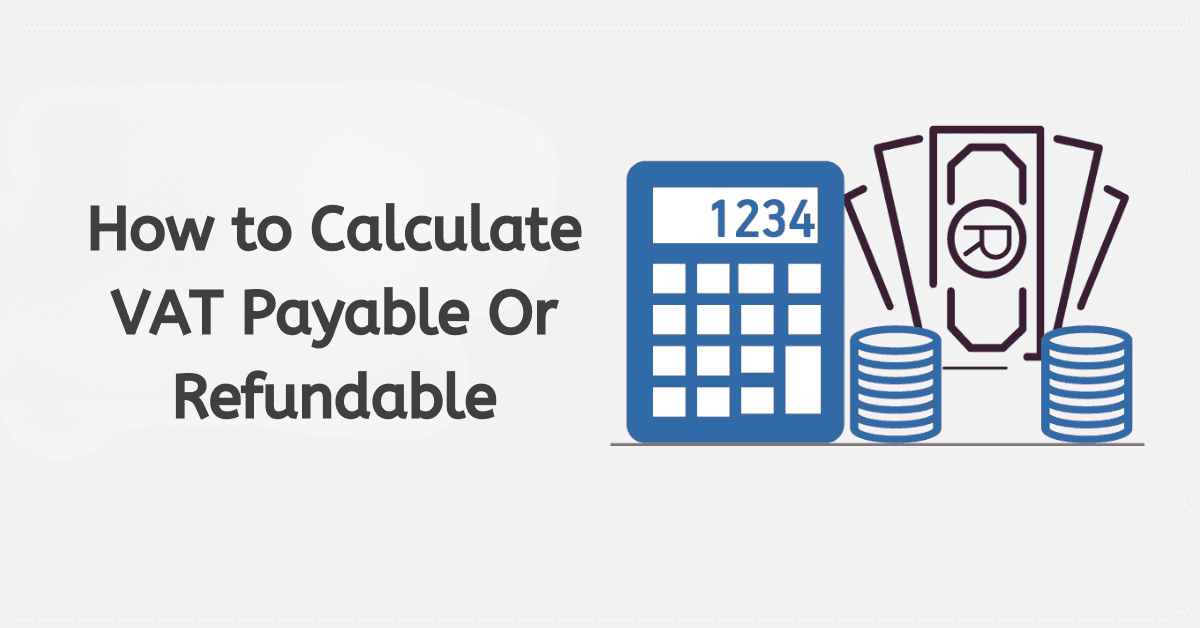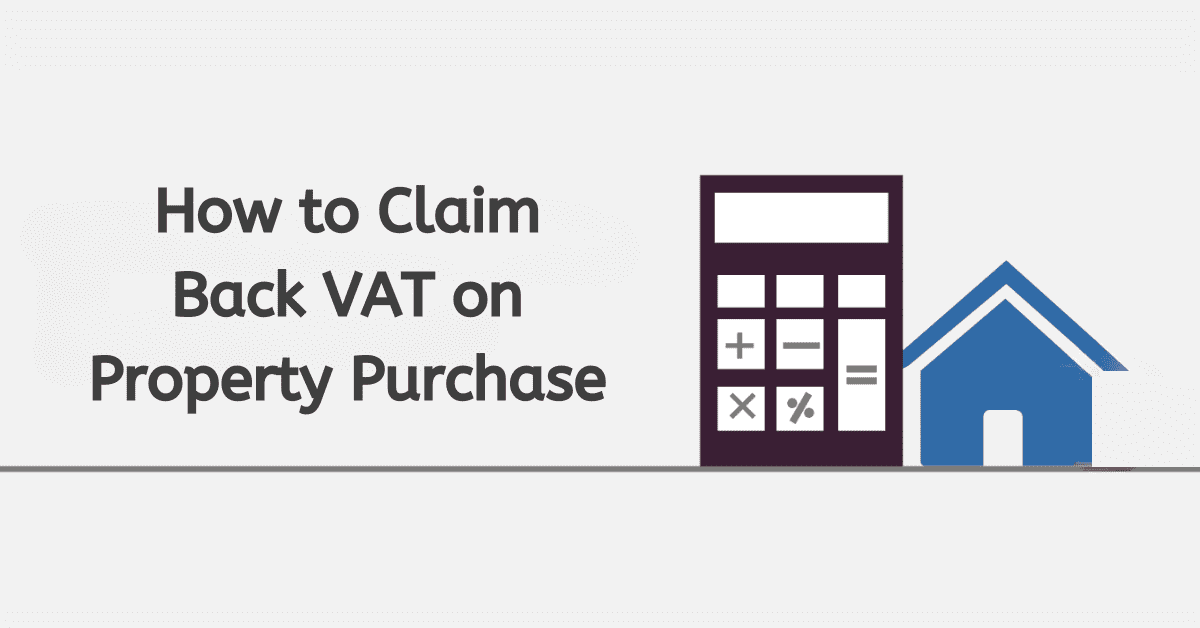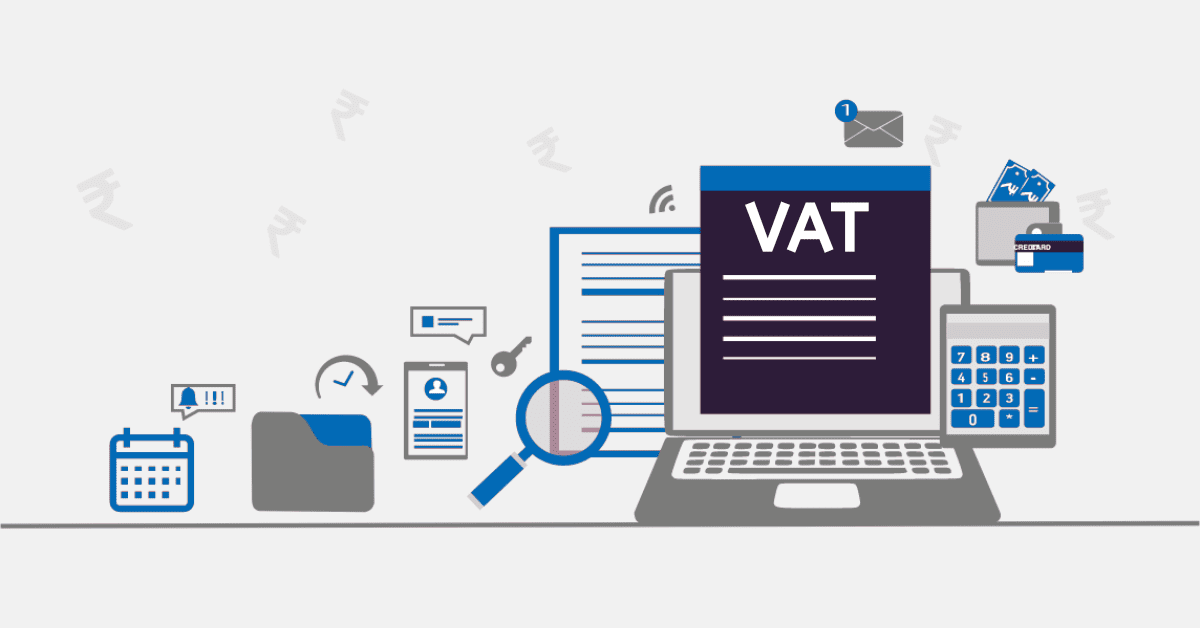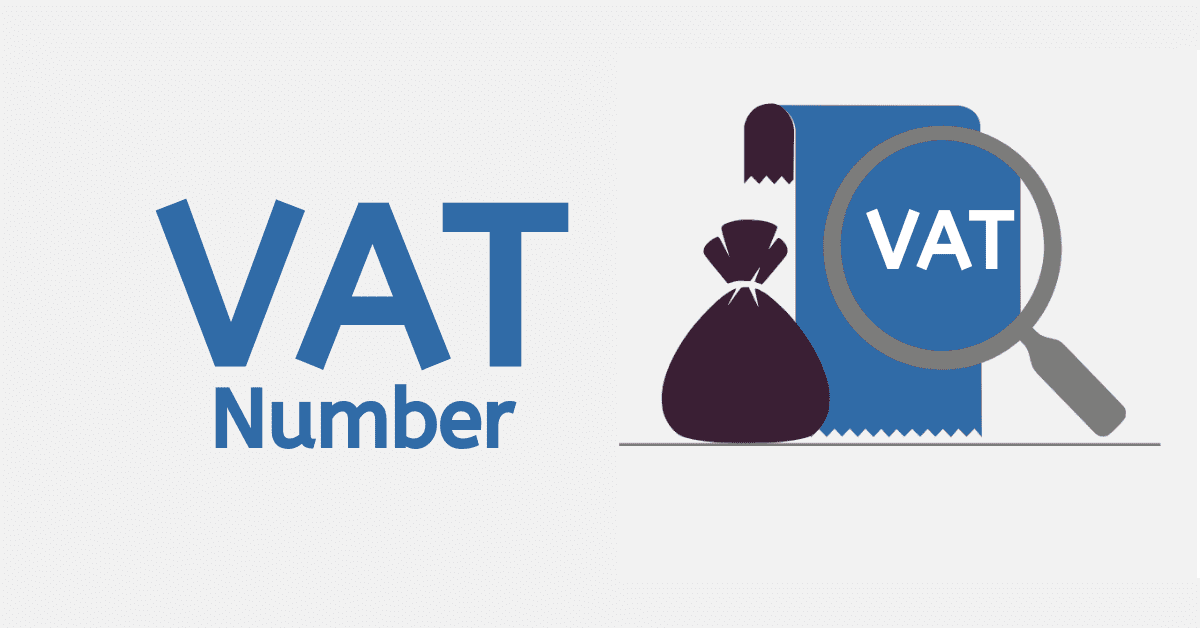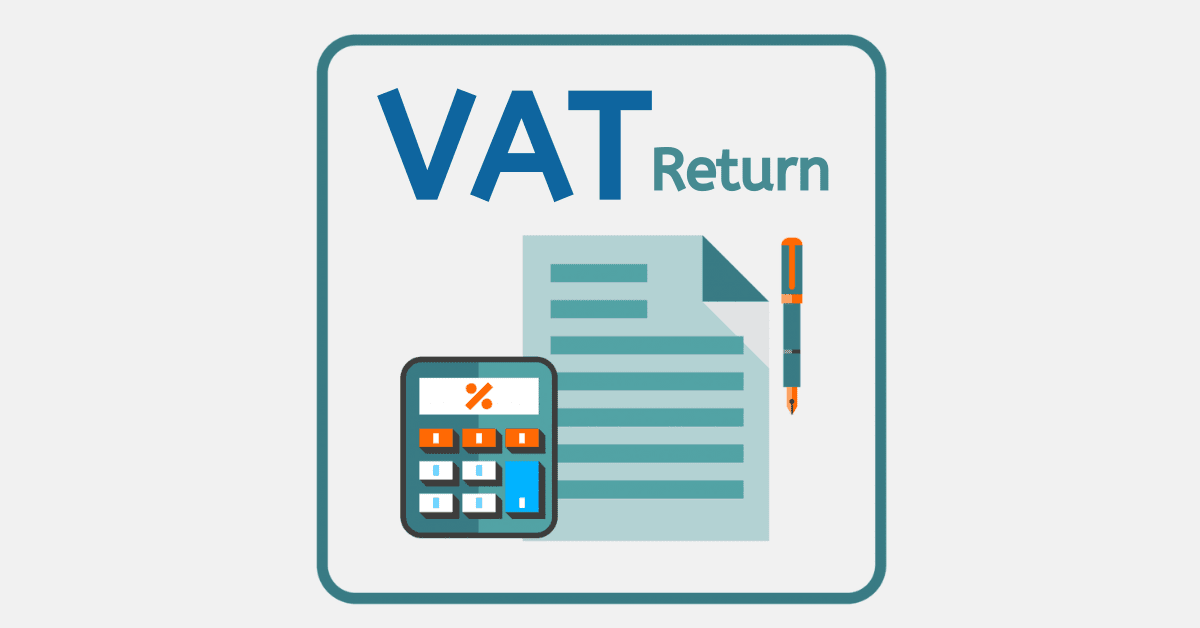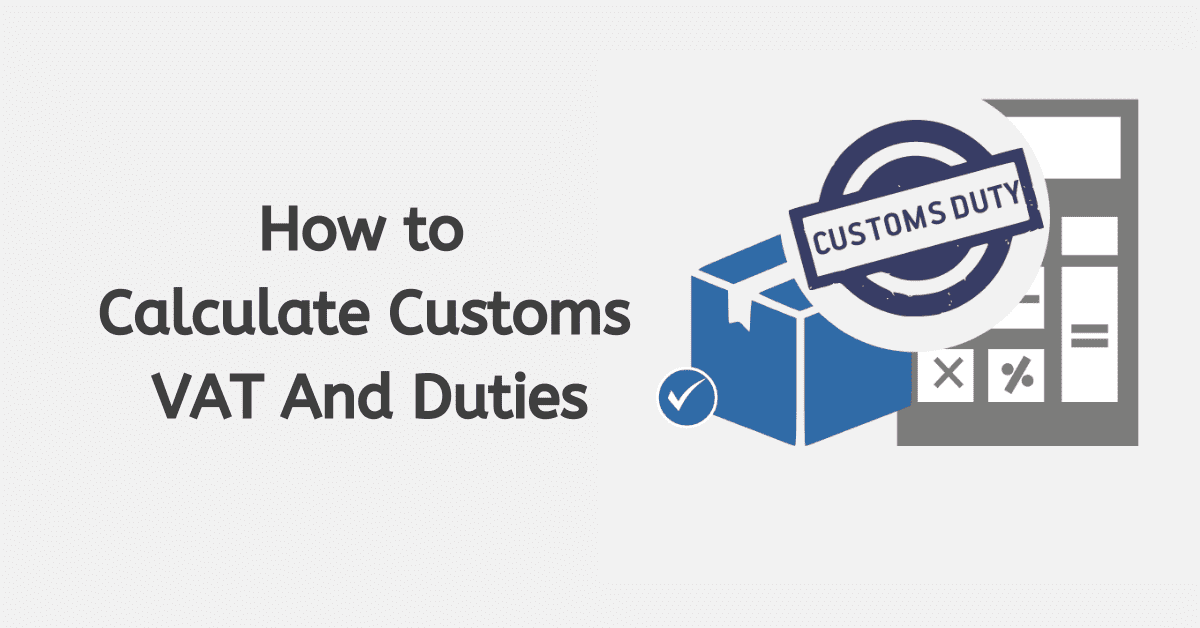Navigating the intricacies of Value Added Tax (VAT) regulations concerning accommodation in South Africa is vital for individuals and businesses. This comprehensive guide will delve into the VAT nuances related to accommodations, such as whether VAT applies to stays surpassing 28 days, the eligibility of companies to claim VAT on accommodation, and the overall VAT guidelines governing the accommodation sector.
Can You Claim VAT on South Africa Accommodation?
The ability to claim VAT on accommodation in South Africa depends on several factors. In the usual business dance, you can actually get back the VAT you shelled out for stuff like accommodation, thanks to a little something called an “input tax deduction.” But hold your horses. There are some hoops to jump through to make this VAT reclamation magic happen.
- VAT Registered Business: To claim VAT on accommodation expenses, the business must be VAT registered in South Africa. VAT registration is mandatory for businesses with an annual turnover that exceeds a certain threshold.
- Acceptable Tax Receipt: The company must obtain an acceptable tax receipt from the lodging provider. This receipt must include particular details, such as the supplier’s VAT registration number and the precise VAT amount imposed.
- Business-Related Accommodation: VAT can be recovered for business-related intentions’ accommodation costs. This is a critical condition, meaning the accommodation must be directly related to the business’s operations.
- VAT on Supplies: The accommodation service provider should charge VAT on the accommodation supplied to the business.
When all these conditions are met, a VAT-registered business in South Africa can claim VAT on accommodation expenses. Maintaining proper documentation and records for these transactions is important to support the claim.
Is VAT Charged on Accommodation Exceeding 28 Days?
The South African VAT Act provides specific rules regarding charging VAT on accommodation, particularly when it exceeds 28 days. The VAT rules for accommodations can be a bit of a puzzle, with different pieces for short and long stays and whether you’re in a commercial or residential spot.
Commercial-Based Accommodation: VAT gets tacked onto the entire bill for commercial digs, like hotels and guesthouses, if guests check in for more than 28 days. This means that for stays longer than 28 days, the hotel or guesthouse charges VAT on the entire accommodation cost. This rule ensures that VAT is collected on extended stays in commercial accommodation establishments.- ADVERTISEMENT -- Commercial Lodging: In the case of commercial lodging, encompassing establishments like guesthouses and hotels, VAT applies to the entire fee for stays lasting more than 28 days. This rule differentiates between short-term stays in commercial establishments and longer-term residential arrangements. Therefore, VAT is charged on a reduced portion of the accommodation cost for extended stays in residential settings.
Can a Company Claim VAT on South Africa Accommodation?
As previously mentioned, businesses in South Africa can claim VAT on accommodation expenses if they meet the necessary criteria. Companies can claim VAT if they are VAT-registered, have valid tax invoices, and the accommodation is incurred for business purposes. Companies often incur accommodation expenses when employees travel for business-related activities or when hosting clients or partners.
Businesses should guarantee their adherence to VAT regulations and adhere to the stipulations outlined in the VAT Act regarding accurate invoicing and record-keeping. Neglecting to do so could lead to the forfeiture of the ability to reclaim VAT on lodging expenditures.
Do You Charge VAT on Accommodation?
If you’re operating as an accommodation services provider in South Africa, you might be contemplating whether it’s necessary to levy VAT on your clientele. The response hinges on multiple considerations.
- VAT Registration: If you are a VAT-registered business, you must charge VAT on your accommodation services. You should clearly state the VAT amount on the tax invoice provided to your customers.
- Nature of Accommodation: The nature of the accommodation plays a role in determining whether VAT should be charged. VAT is charged on the full amount for commercial accommodation, including stays exceeding 28 days. However, for residential accommodation, VAT is only payable on 60% of the charge for stays longer than 28 days.
- Threshold: If your business’s annual turnover exceeds the VAT registration threshold, you must register for VAT and charge it to your customers. The South African Revenue Service sets the threshold, which may change over time.
- Exempt Supplies: Some types of accommodation, such as long-term residential rentals, may be considered exempt supplies under the VAT Act. Exempt supplies do not attract VAT. Nevertheless, comprehending the distinct rules and guidelines related to exempt supplies is crucial for adhering to VAT regulations.
To sum up, whether to apply VAT on accommodation in South Africa is contingent upon your enterprise’s VAT approval status, the type of accommodation, and the precise directives stipulated in the VAT law. It’s essential to seek guidance from tax professionals or refer to SARS resources to ensure compliance with VAT regulations.
Conclusion
In South Africa, claiming VAT on accommodation and understanding when to charge VAT on accommodation services is governed by the VAT Act and related regulations. VAT-registered businesses can claim VAT on accommodation expenses if the conditions are met, and the treatment of VAT on accommodation exceeding 28 days differs for commercial and residential settings. Providers of accommodation services must follow VAT regulations and charge VAT when required based on their business status and the nature of the accommodation. It is crucial to stay informed about the latest updates and changes in VAT regulations in South Africa to ensure compliance with tax laws and regulations.
